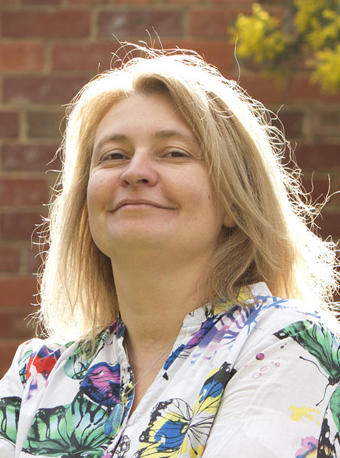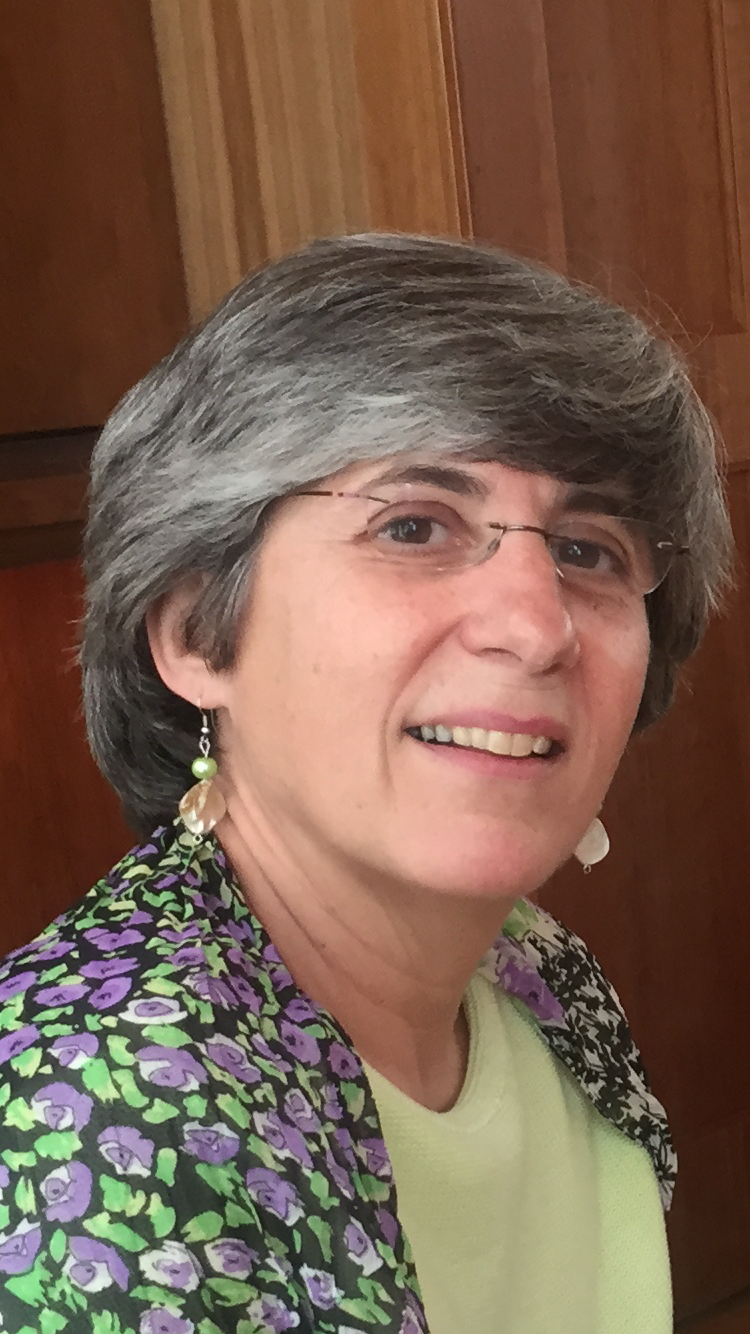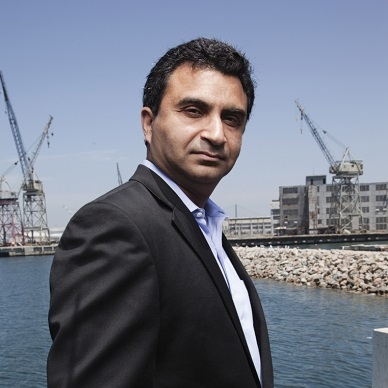ICAPS 2017, the 27th International Conference on Automated Planning and Scheduling, will take place in Pittsburgh, at Carnegie Mellon University in June 2017.
ICAPS 2017 is part of the ICAPS conference series, the premier forum for exchanging news and research results on theory and applications of intelligent and automated planning and scheduling technology. The ICAPS 2017 program committee invites paper submissions related to automated planning and scheduling. Relevant contributions include, but are not limited to:
- Theoretical and empirical studies of planning and scheduling problems and algorithms;
- Novel techniques and approaches that extend the scope and scale of problems that can be solved;
- Analytic and implemented tools supporting automated planning and scheduling; and
- Studies of applying automated planning and scheduling technologies to significant problems with deep technical insight.
ICAPS 2017 will be co-located with the 10th International Workshop on Planning and Scheduling for Space (IWPSS 2017) and with the International Symposium on Combinatorial Search (SoCS 2017).
Key Dates
| Abstract submission | November 18, 2016 |
| Paper submission | November 22, 2016 |
| Workshop submission | November 30, 2016 |
| Workshop notification | December 14, 2016 |
| Award Nominations | January 15, 2017 |
| Author notification | January 26, 2017 |
| Tutorial submission | February 1, 2017 |
| Tutorial notification | February 20, 2017 |
| Doctoral consortion submission | February 28, 2017 |
| Journal track submission | March 24, 2017 |
| Camera ready papers due | March 14th 5 pm PDT |
| Doctoral consortium | June 18, 2017 |
| Workshops & Tutorials | June 19-20, 2017 |
| Main conference sessions | June 21-23, 2017 |
Venue
Carnegie Mellon University, Pittsburgh, Pennsylvania, United States
Invited Talks (2017)
Sylvie Thiébaux (Australian National University and Data61)
Energy Systems: Challenges and Opportunities for ICAPS
Abstract: Energy systems are facing significant challenges in coping with an aging infrastructure, reducing energy consumption and carbon emissions, and integrating renewables, energy storage and distributed technologies. Optimisation and AI have a transformational role to play in addressing these challenges, by enabling the replacement of human-in-the-loop operations with automated planning and scheduling systems. In this talk I will describe a number of concrete planning and scheduling problems in this area on which we have worked over the past few years. I will discuss the solutions we have developed, which often exploit optimisation methods and tools, as well as the opportunities and difficulties in extending AI planning and scheduling to handle these type of problems.
Manuela Veloso (Carnegie Mellon University)
Planning for Human-AI Interaction in Autonomous Mobile Robots
Abstract: In this talk, I will present our autonomous mobile service robots, as they achieve tasks and interact with their human users. I will briefly present the localization algorithm for their autonomous navigation in our indoor multi-floor buildings. And I will then focus on our work towards enabling humans and the autonomous robots to interact in a transparent manner. I will present our symbiotic autonomy approach and the verbalization of their route and task planning. Users can ask questions and receive answers about the autonomous performance of the robots. We will present the representation and use of the planning search and rationale, as well as the learning of important features in the corresponding execution to enable an effective human-AI interaction. The talk will report on joint work with my past and current students, in particular Joydeep Biswas, Vittorio Perera, Stephanie Rosenthal, and Sai P. Selvaraj.
Milind Tambe (University of Southern California)
How Can AI be Used for Social Good? Key Research Challenges, Applications, and Results
Abstract: Discussions about the future negative consequences of AI sometimes drown out discussions of the current accomplishments and future potential of AI in helping us solve complex societal problems. At the USC Center for AI in Society, CAIS, our focus is on advancing AI research in tackling wicked problems in society. This talk will highlight the goals of CAIS and three areas of ongoing work. First, I will focus on the use of AI for assisting low-resource communities, such as homeless youth. Harnessing the social networks of such youth, I will outline our advances in influence maximization algorithms to help more effectively spread health information, such as for reducing risk of HIV infections. These algorithms have been piloted in homeless shelters in Los Angeles, and have shown significant improvements over traditional methods. Second, I will outline the use of AI for protection of forests, fish, and wildlife; learning models of adversary behavior allows us to predict poaching activities and plan effective patrols to deter them; I will discuss concrete results from tests in a national park in Uganda that have led to removal of snares and arrests of poachers, potentially saving some animals. Finally, I will focus on the challenge of AI for public safety and security, specifically for effective security resource allocation. I will also briefly discuss our "security games" framework -- based on computational game theory -- which has led to decision aids that are in actual daily use by agencies such as the US Coast Guard, the US Federal Air Marshals Service and local law enforcement agencies to assist the protection of ports, airports, flights, and other critical infrastructure. I will also highlight a number of other projects at CAIS, and we expect these and other future projects at CAIS to continue to illustrate the significant potential that AI has for social good.
News and Updates
- April, 2017 - Registration starts announced
- April, 2017 - Accepted papers announced
- March, 2017 - Tutorials and accomodation information announced
- Feb, 2017 - Doctoral Consortium (DC) announced
- Feb, 2017 - Back by popular demand: for conference attendees who are unable to make it to Pittsburgh in person, we decided to once again offer telepresence as an option. More details coming soon!
- Dec, 2016 - Award Nominations Requested
- Oct, 2016 - Co-location with IWPSS and SoCS announced
- Sept, 2016 - Call for Papers Released
- July, 2016 - ICAPS 2017 Website Launched
- June, 2016 - ICAPS 2017 Announced


